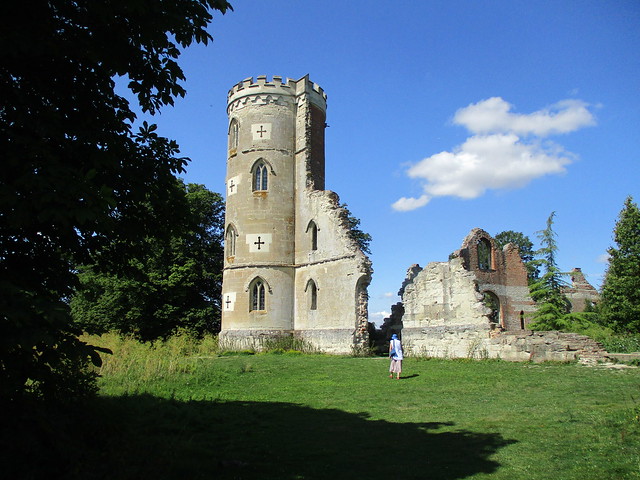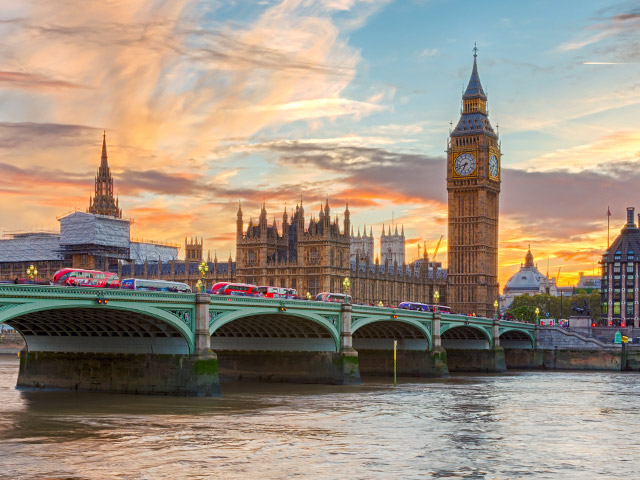The United Kingdom, a land of captivating tales and rich historical narratives, has played a pivotal role in shaping the world we know today. From ancient castles standing proudly amidst lush landscapes to the thundering cannons of battles fought centuries ago, the history of the United Kingdom is a tapestry woven with stories of triumphs, tragedies, and remarkable evolution. In this article, we embark on a journey through time to explore the fascinating history of the United Kingdom, spanning from the 16th century to the present day.
Tudor England (1500-1603): A Time of Intrigue and Transformation
Our journey through the annals of history begins in the 16th century, a period dominated by the Tudor dynasty. This era witnessed the reigns of iconic monarchs such as Henry VIII and Elizabeth I. It was a time of great change and upheaval, marked by religious reformation, exploration, and cultural flourishing.
Henry VIII: The King with Six Wives
The 16th century opened with the reign of Henry VIII, known for his six marriages and the English Reformation. Henry’s desire for a male heir led to the separation of the Church of England from the Roman Catholic Church, forever altering the religious landscape of the country. His tumultuous personal life and his role in establishing the Church of England remain key chapters in British history.
Elizabeth I: The Golden Age
Following Henry VIII, his daughter Elizabeth I ascended to the throne. Her reign, often referred to as the “Elizabethan Era,” was a golden age of literature, exploration, and the arts. William Shakespeare, one of the greatest playwrights in history, created some of his most enduring works during this period. Meanwhile, English explorers like Sir Walter Raleigh embarked on voyages that expanded the British Empire, bringing back exotic treasures and knowledge from distant lands.
The Stuart Period (1603-1714): A Time of Revolution and Unrest
As we move into the 17th century, the Stuart dynasty takes center stage. This period is marked by profound political upheaval, religious conflicts, and revolutionary changes that would ultimately shape the modern United Kingdom.
The English Civil War
One of the defining moments of this era was the English Civil War, a brutal conflict that pitted Parliamentarians against Royalists. Led by Oliver Cromwell, the Parliamentarians emerged victorious, leading to the temporary overthrow of the monarchy and the establishment of the Commonwealth of England. The eventual restoration of the monarchy under Charles II marked the end of this turbulent period.
The Glorious Revolution and the Act of Union
The late 17th century saw the Glorious Revolution, which saw William of Orange and Mary II ascend to the throne. This pivotal event laid the groundwork for constitutional monarchy and the Bill of Rights, shaping the political landscape of the United Kingdom.
Additionally, the Act of Union in 1707 merged the Kingdom of England and the Kingdom of Scotland into a single entity known as the Kingdom of Great Britain, further shaping the nation’s identity.
The British Empire (18th-19th Century): The Sun Never Sets
The 18th and 19th centuries saw the expansion of the British Empire to its zenith. The empire spanned the globe, with colonies and territories on every continent. This era of imperial power brought both wealth and challenges to the United Kingdom.
Colonial Expansion and Industrial Revolution
The Industrial Revolution, which began in the late 18th century, transformed Britain into the world’s leading industrial and economic power. Factories, railways, and technological advancements revolutionized society. Meanwhile, the British Empire continued to expand, with notable colonies in India, Africa, the Caribbean, and Australia.
Abolition of the Slave Trade
The 19th century also witnessed significant social and humanitarian developments, including the abolition of the transatlantic slave trade in 1807 and the full abolition of slavery throughout the British Empire in 1833. These milestones marked a turning point in the United Kingdom’s history, reflecting growing awareness of human rights and equality.

Modern Britain (20th Century to Present): Wars, Social Progress, and Cultural Dynamism
The 20th century brought unprecedented changes to the United Kingdom, as it weathered two world wars, underwent significant social reforms, and became a cultural powerhouse.
World Wars and Post-War Rebuilding
Both World War I and World War II had a profound impact on the United Kingdom. The sacrifices made by British soldiers and civilians during these conflicts are commemorated to this day. The post-war period saw the creation of the National Health Service (NHS) in 1948, a pioneering move towards universal healthcare that remains a cornerstone of British society.
Cultural Revolutions
The latter half of the 20th century was marked by cultural revolutions in music, fashion, and the arts. The Beatles, The Rolling Stones, and iconic fashion designers like Mary Quant emerged from the United Kingdom, influencing global pop culture.
Conclusion: A Tapestry of History
The history of the United Kingdom is a rich tapestry woven from the threads of monarchy, revolution, empire, and progress. From the Tudor era to modern times, the UK’s journey through history is a testament to resilience, adaptation, and innovation. To learn more about the history of the United Kingdom, there are a ton of interesting articles at The Fields of Green.
As we conclude our exploration, it’s evident that the United Kingdom’s past has shaped its present and will continue to influence its future. The stories of this nation, filled with triumphs and challenges, are a reminder of the enduring spirit of a land with a remarkable history.





